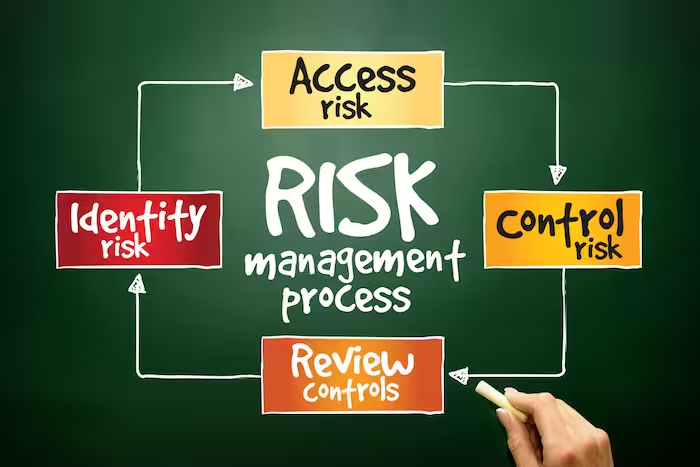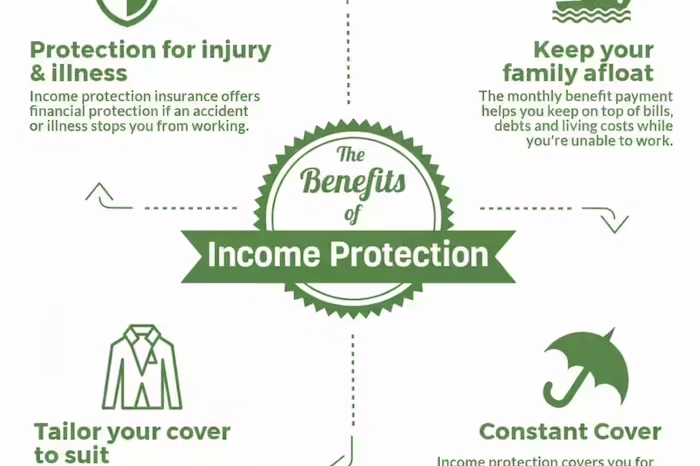WA Economy Update
Western Australia's economy is well-positioned for continued, albeit more moderate, growth in the coming years. The latest WA economy update confirms that the state's strong fiscal position, coupled with government investment in infrastructure and economic diversification, provides a solid foundation for navigating potential challenges. For investors, the housing market, particularly the unit segment, and the tourism sector present potential opportunities. However, it is crucial to remain mindful of the risks associated with global economic conditions and commodity price volatility.










